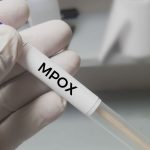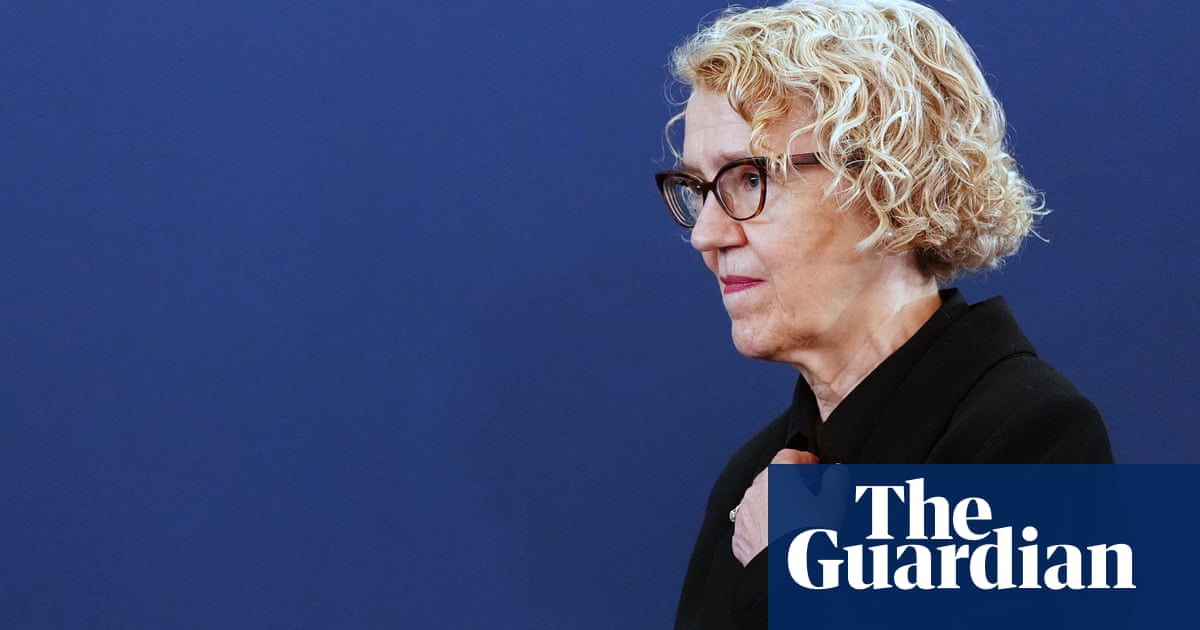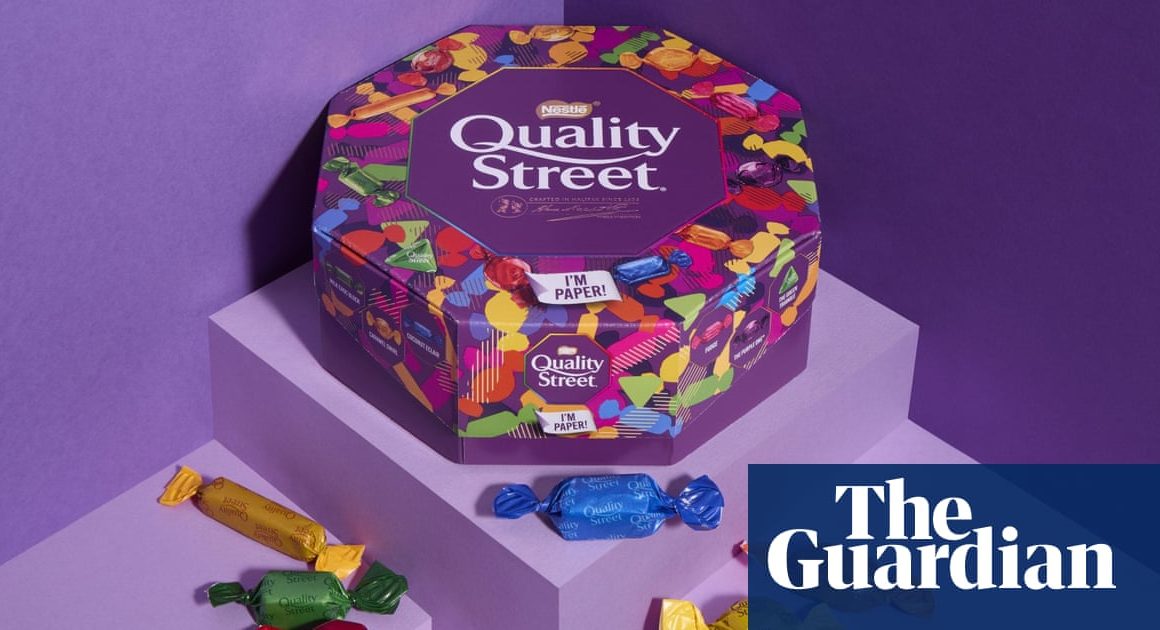A medical expert has criticised the opening remarks of the judge chairing the public inquiry into the deaths and collapses of babies at the Countess of Chester Hospital for which the nurse Lucy Letby was convicted of murder and attempted murder.
Dr Michael Hall, a retired consultant neonatologist and visiting professor in neonatal medicine who advised Letby’s legal defence team, has written to the inquiry maintaining his opinion that she did not receive a fair trial and that “important elements” of the medical evidence presented by the prosecution were “flawed or misleading”.
Lady Justice Thirlwall, when she opened proceedings at the inquiry in Liverpool on Tuesday, rejected questions that had been raised by a range of experts about Letby’s convictions, and suggested that the people commenting were not fully informed.
“In the months since the court of appeal judgment [which in May refused Letby leave to appeal], there has been a huge of outpouring of comment from a variety of quarters on the validity of the convictions,” Thirlwall said. “So far as I’m aware, it has come entirely from people who were not at the trial.
“All of this noise has caused additional enormous stress for the parents [of the babies], who have suffered far too much. It’s not for me to set about reviewing the convictions. The court of appeal has done that with a very clear result. The convictions stand.”
Some of the lawyers representing the families of babies who died or collapsed at the Countess of Chester’s neonatal unit in 2015-16, where Letby worked, have also criticised the questioning of the convictions, and said it was increasing their distress.
Letby, 34, was sentenced to 15 whole-life orders after she was convicted across two trials of murdering seven babies and attempting to murder seven others.
The Thirlwall inquiry, set up by the previous government after Letby was first convicted in August 2023, will examine whether Letby could have been stopped sooner, and how the hospital management responded to consultants who raised concerns about her.
In Hall’s letter to the inquiry, which the Guardian has seen, he objects to Thirlwall’s opening remarks, in particular her characterisation that those questioning the verdicts were not at the trial. This was “incorrect”, he said, explaining that he had attended the trial throughout, in person or by video link, except for two or three half-days, for which he read the transcripts of the hearings.
“I also provided medical reports, as an expert witness in neonatology for the defence, on all 17 babies who were the subjects of the trial.
“It is my opinion that important elements of the evidence presented by a number of the prosecution expert witnesses was flawed or misleading. Further, it is my opinion that, because my evidence, and possibly that of other expert witnesses, was not called by the defence, Lucy Letby did not receive a fair trial.”
Hall has in recent months increasingly made his arguments publicly, including expressing concerns to the Guardian and writing a letter published by the British Medical Journal in July, questioning elements of the evidence and the court of appeal’s reasoning.
Lady Justice Thirlwall and the inquiry team declined to comment. The inquiry continues.










